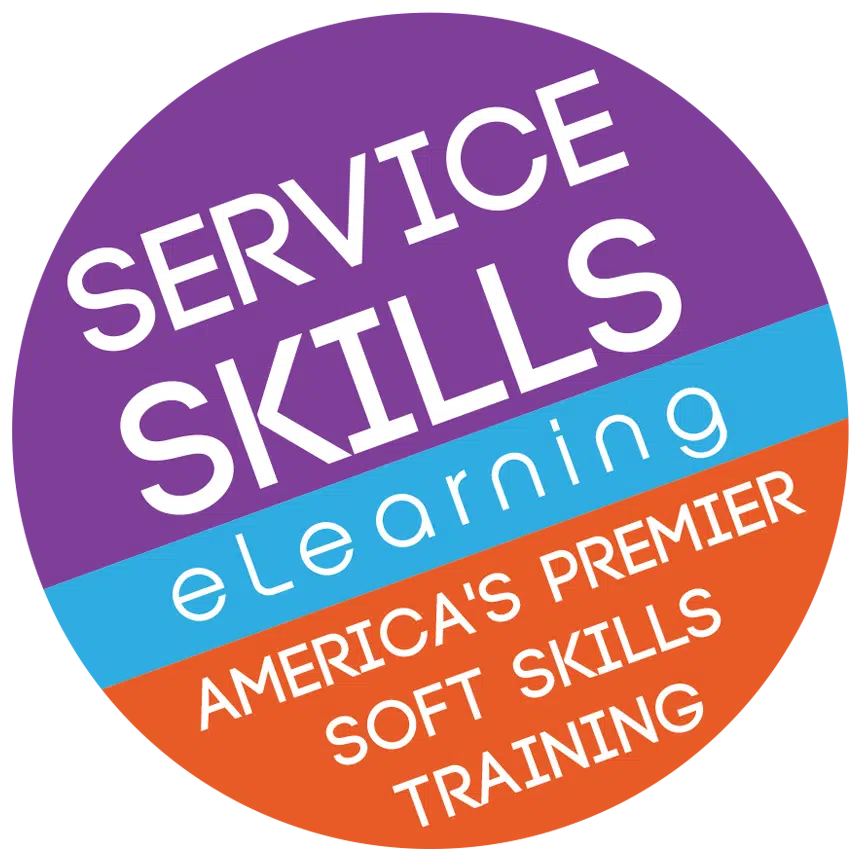Soft skills—or the lack of soft skills—will make or break your business. Yes, technical skills are still important. A doctor needs to know how to diagnose and treat diseases. A roofer needs to know how to lay shingles. And automotive professionals need to be able to change your oil.
But there are plenty of qualified, knowledgeable professionals in your industry. Soft skills are what make you stand out from the crowd. Imagine a qualified doctor with no bedside manner. Do you think he’ll keep many patients for long? Probably not.
Basically, hard skills are the ante to get in the game. Soft skills are the key to success—it’s hard to succeed as a business with employees who are unable to navigate interpersonal situations. Most businesses know this—it’s why 77 percent of businesses agree that soft skills are as important as hard skills when considering an employee’s strengths.
Soft skill development can solve—or at least alleviate—many common business problems. Have an employee with a bad attitude? Teach them how to approach their work with a growth mindset. Have an employee who always finishes their project late? Teach them actionable time management strategies.
If you provide your employees with soft skills training courses you’ll see a return on investment in the form of client retention, employee satisfaction and increased productivity. Why? Quite simply, you’ll be arming them with strategies to combat almost every interpersonal situation.
ServiceSkills.com provides a multitude of proven soft skills courses and videos that have helped grow businesses just like yours. Some of our clients include Commerce Bank, Harvard Business Publishing, Visa and a whole host of small businesses.
And our soft skills training programs work. But don’t take our word for it—read what some of our past clients have to say.
5 crucial soft skills, and what they mean to your bottom line
- Accountability Employees should own their work from start to finish, and understand how their work and effort affects the team. And, if they make a mistake, they should own up to it. Teaching employees to be accountable for how their work helps—or hurts—the team’s progress towards goals will help them be more self-aware.
- Time management Prioritizing projects by importance. Avoiding distractions (like your phone). Making deadlines. Employees who excel at these time management strategies better contribute to your bottom line. We use real-world situations to show your employees time management techniques, and how to utilize them.
- Problem-solving and decision making This one is obvious. Arming your employees with problem-solving strategies allows you to more quickly and more effectively address client concerns. Our videos provide real-world examples of evaluating problems and creating solutions.
- Emotional intelligence Listening effectively and understanding how you come across to others is the cornerstone of customer service. Our soft skills training videos contain actionable strategies for how to understand others’ emotions and how to act appropriately.
- Attitude and self-motivation Unmotivated employees are a drag on any organization. Most employees who fail, fail because of attitude or motivation problems. We teach your employees how to view their work through a growth mindset—even if something is difficult, it is a chance to grow.
Soft skills are the key to growing your bottom line. Give your organization the tools they need to succeed. Learn how to harness the power of accountability, personability and adaptability by reading our guide to effective communication.












